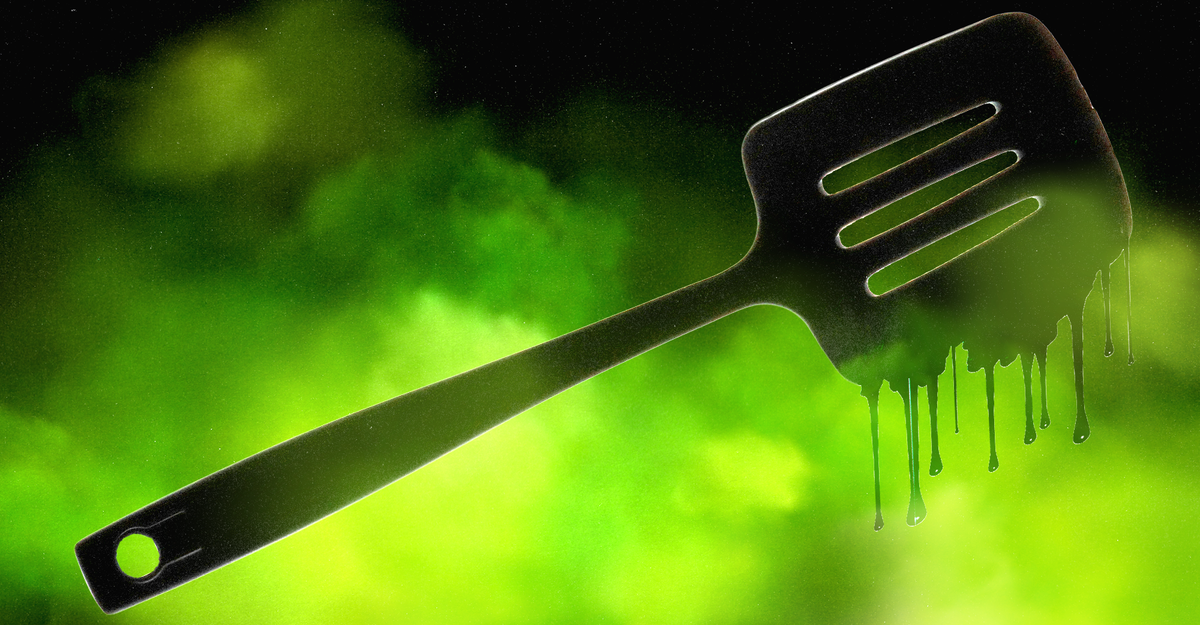Cooking with any plastic is a dubious enterprise, because heat encourages potentially harmful plastic compounds to migrate out of the polymers and potentially into the food. But, as Andrew Turner, a biochemist at the University of Plymouth recently told me, black plastic is particularly crucial to avoid.
In 2018, Turner published one of the earliest papers positing that black plastic products were likely regularly being made from recycled electronic waste. The clue was the plastic’s concerning levels of flame retardants. In some cases, the mix of chemicals matched the profile of those commonly found in computer and television housing, many of which are treated with flame retardants to prevent them from catching fire.



My brother in law (a chemist) just soaps up his cast irons. He uses them every day and cleans them fairly soon after use. They look like pans you see in a magazine ad. Perfect.
strong seasoning?
Weak soap.
The whole “don’t wash cast iron with soap” advice is old – so old, in fact, that it was from back when everybody used lye soap.
Normal everyday disk soap is is safe to use on cast iron, but modern products that are marked “degreaser”, “ultra”, “platinum” etc will often have chemicals that will break down Polymerized oils. Great for keeping stainless steel shiny, very hard on your cast iron’s seasoning though.